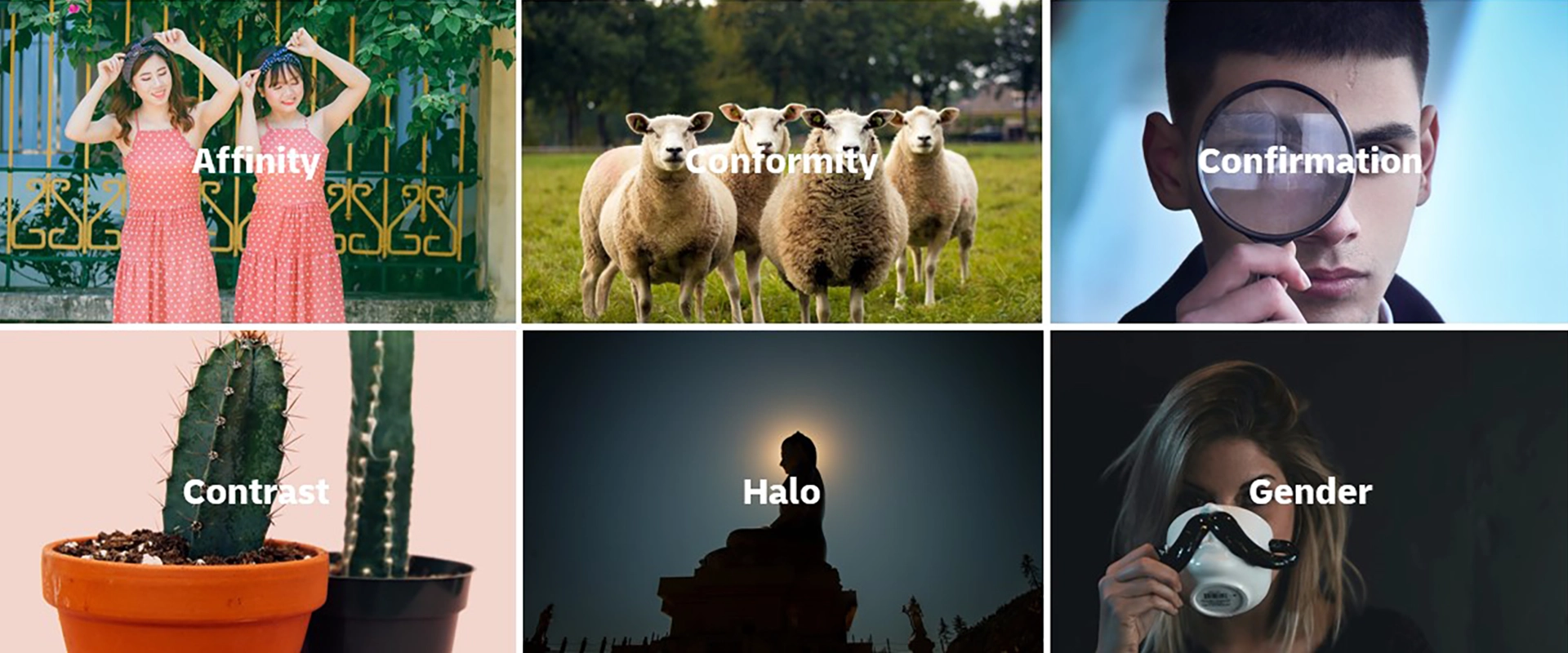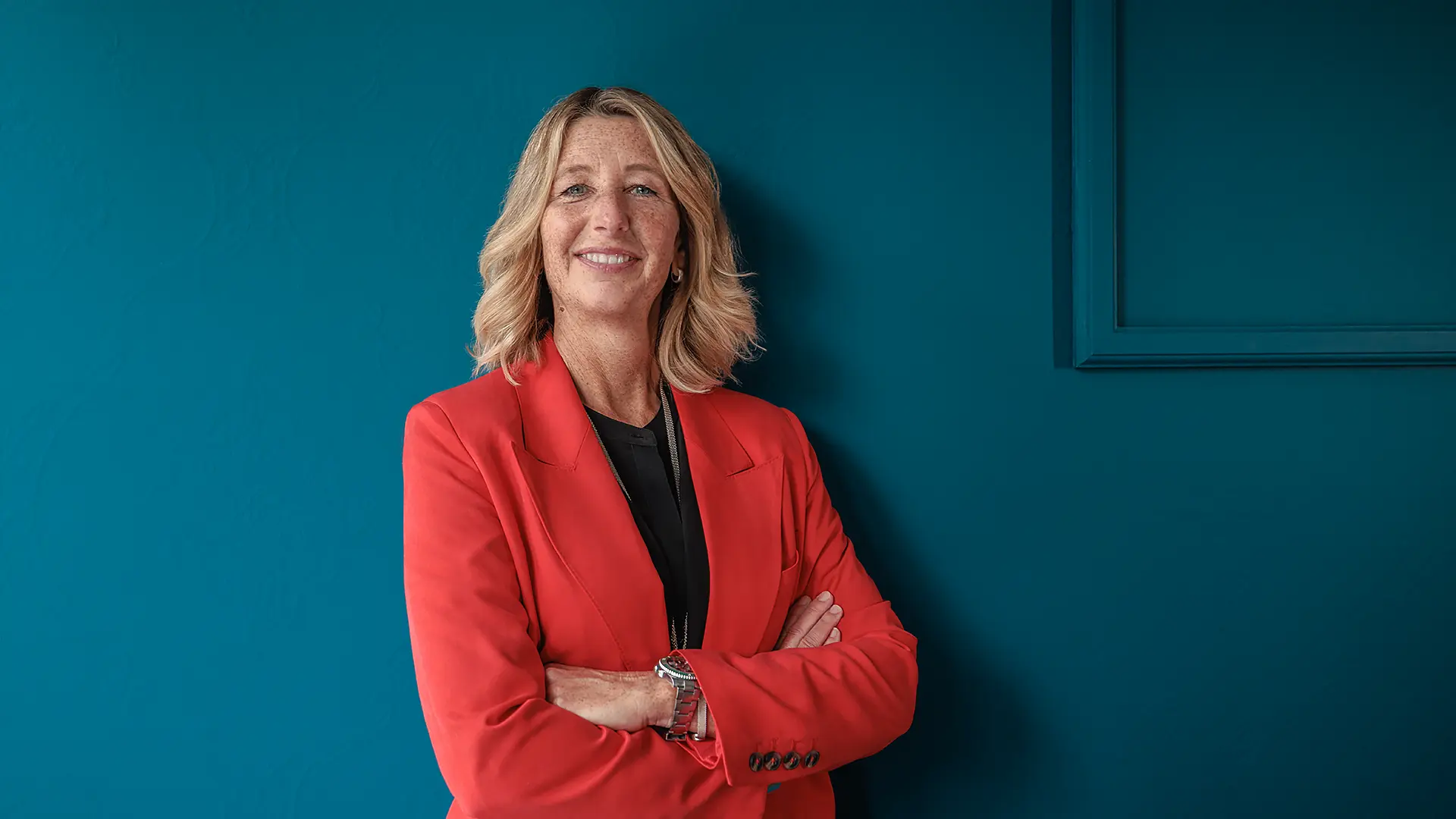Workplaces Need to Tackle Unconscious Biases – Now

As part of this year’s Digital Female Leader Award, DHL Consulting sponsored the category ‘Diversity’, which recognizes women who best promote diversity and inclusion in the world with their ideas and action. And the winners are… Olaolu Fajembola and Tebogo Niminde-Dundadengar, founders and CEOs of tebalou. Congratulations!
Supporting the Diversity Award
Why did we choose to support diversity? To me, the answer is obvious. At DHL Consulting, we thrive on the power of diverse teams. Our ability to stay creative and innovative, and keep delivering excellence to our clients relies on the diversity of our ideas and talent. As the CEO, one of my top priorities is making sure our workforce remains as diverse as possible. It’s why we launched an initiative to raise awareness of unconscious bias and discover ways to fight it to ensure that our culture always fosters diversity and inclusion. More on that later.
Tebalou: Diversity Starts in the Playroom
The ‘Diversity’ category winners are leading a company that tackles unconscious bias before it begins. Tebalou is an online shop for toys that reflect diversity in all forms. Founders Olaolu and Tebogo want every child to have access to toys that recognize and reflect them, regardless of their skin color, religion, family composition, physical abilities, or preferences. They also aim to normalize diversity among all children by making these products available to early childhood education centers.
The pair have taken their vision further with a new book, Gib mir mal die Hautfarbe – Mit Kindern über Rassismus sprechen (“Give Me The Color of Your Skin – Talking with Children about Racism”). It provides insights for adults on how to avoid racial bias forming in the minds of their children, and offers help to parents to take action against racism in children’s everyday lives.
I was raised in a small city in Germany, brought up with very traditional beliefs. Looking back on my own childhood, I realize that I have come a long way to recognizing how biased I saw and still see the world.
I’m excited about the immediate and future impact of tackling unconscious bias in children. I hope that I can contribute to giving Olaolu’s and Tebogo’s important work even more exposure.
Unconscious Bias at Work Holds Companies Back
Tackling unconscious bias in childhood is the best place to start, but organizations must be addressing it with employees too. The truth is that bias affects nearly every company, and it’s often invisible. Yet its negative impact is profound because it influences so many decisions.
Research shows that unconscious bias contributes to, among other things:
- Less diversity in recruitment (and ultimately a less diverse workforce)
- Poor employee engagement and higher turnover
- A wider gender pay gap
- Fewer women in top management positions
- Lower overall productivity
Simply put, unconscious bias is one element, among others, holding companies back from reaching their highest levels of success. That’s why it needs everyone’s attention, now.
DHL Consulting Gets Proactive
As an international company with employees from more than 30 countries, DHL Consulting prizes diversity. We want to ensure that employees are aware of unconscious bias and learn tactics to overcome it.
As we embarked on our own diversity journey more than 10 years ago, we found that our unconscious biases were holding us back from becoming a truly diverse company. That’s why today all employees take a mandatory workshop on unconscious bias. Through eye-opening experiments, testing, and discussion, we discover that every one of us has biases. We identify how these affect our company, and how we can deal with them. Finally, we continue to explore and discuss why biases develop and how to counteract them, using research from Daniel Kahneman on system 1 and system 2 thinking.
In Kahneman’s model, unconscious bias derives from system 1 thinking, in which a person acts automatically, emotionally, and quickly. System 1 thinking is the autopilot that helps us navigate our complex world. It requires a low level of energy, but leads to knee-jerk responses, like bias. System 2 thinking on the other hand is a conscious, slow, deliberate mode of thought. We use this mode when we do mental calculations, for example, or listen attentively to a conversation. It takes more effort, but it’s in System 2 that we can examine our behavior and realize when unconscious bias is influencing our decisions.
What have we at DHL Consulting changed so far to make a more diverse workplace? We’ve reviewed many of our guidelines and processes to reduce bias in decision making. We are leveraging data for more transparency and awareness in areas like recruiting – analyzing, for example, if interviewers give consistently higher or lower ratings to candidates of a certain gender or nationality. We are working to ensure success in the future by keeping a pipeline of diverse new hires. And finally, we continue to create a culture of trust and openness that fosters diversity and inclusion, and addresses biases where they arise.
Our work on diversity and inclusion will never be finished, but I’m proud of the progress we’ve made until now.
Three Tips to Fight Unconscious Bias in Organizations
DHL Consulting has learned a lot so far on our journey to a more diverse workplace. I would condense our experience into 3 tips that may be helpful to other organizations too.
- Creating awareness is a good start but not enough. Systematically reviewing and challenging all decision processes (from talent selection to talent management and promotion criteria) must be the first step. But it takes much more work to change behavior – and change company culture for the better.
- Leverage the power of data to create transparency and fight biases. Data insights can shed light on where unconscious bias may be hindering diversity and inclusion.
- Start building a diverse pipeline today to ensure your company maintains a highly diverse, high-performing team. The future depends on it.
Olaolu and Tebogo launched Tebalou in 2019 with a vision: To give all children access to an inclusive and diverse society through the world of play. My vision, like so many other business leaders, is to do the same in the workplace. By tackling unconscious bias, we open the door to diversity and the great benefits it brings all of us.
How is your workplace confronting unconscious bias? Is it moving the needle on diversity and inclusion? I look forward to hearing from you in the comments below, or on my LinkedIn channel.






